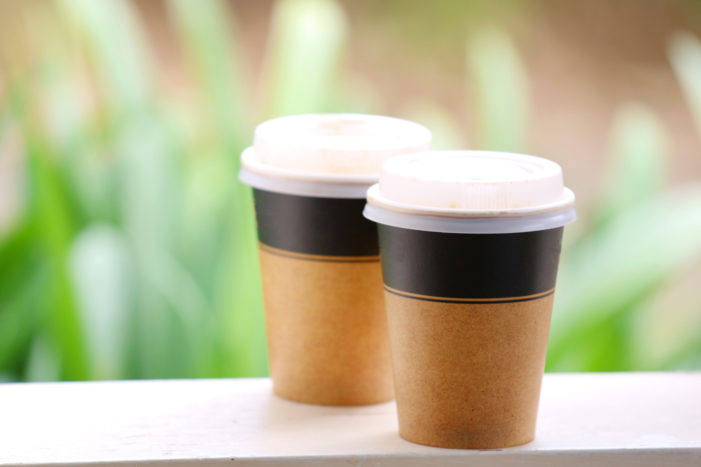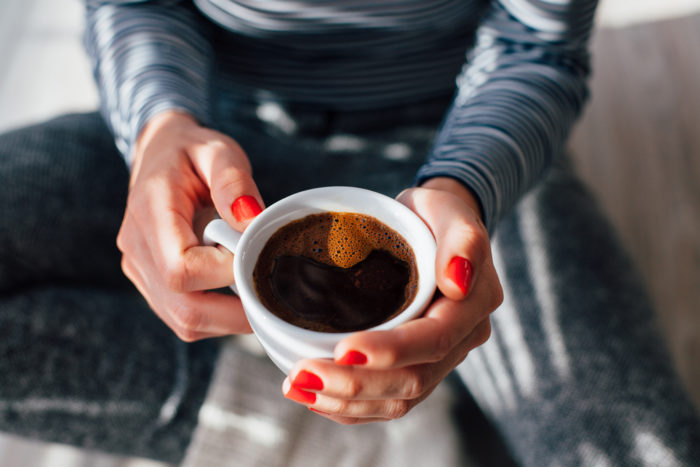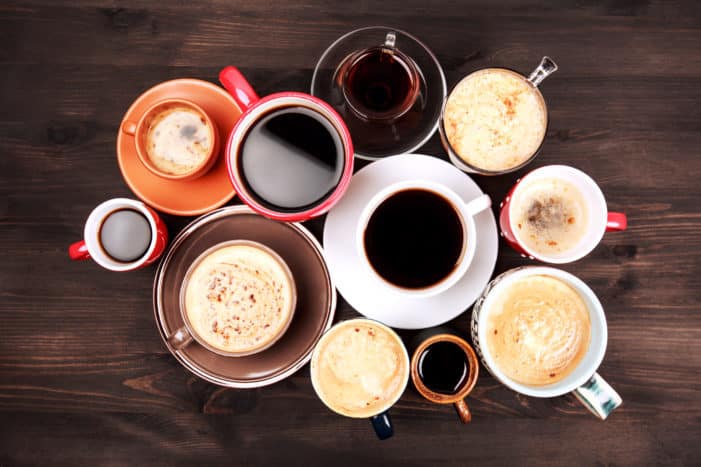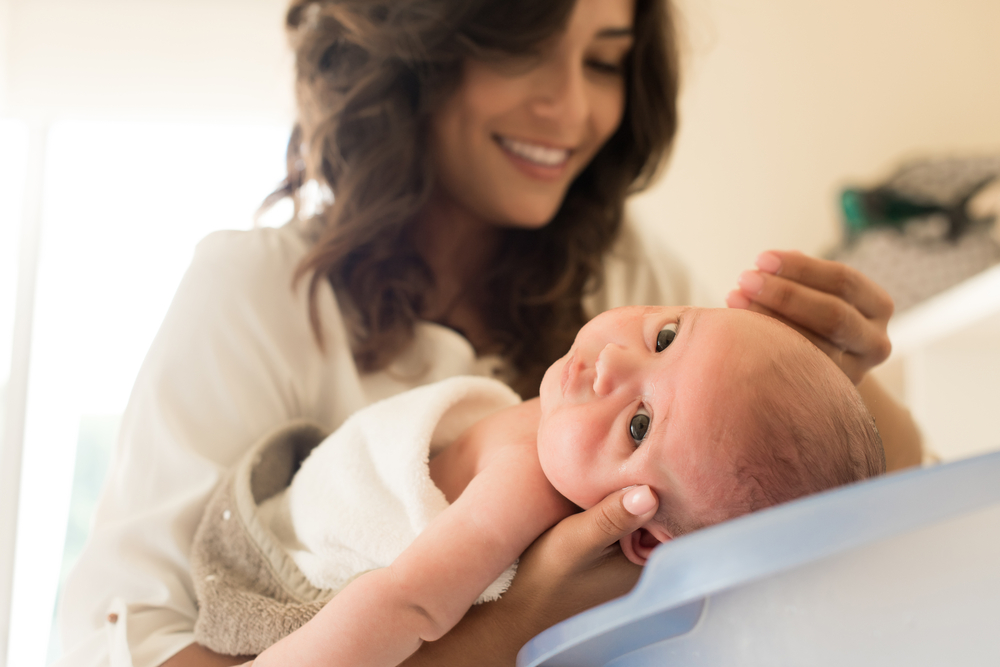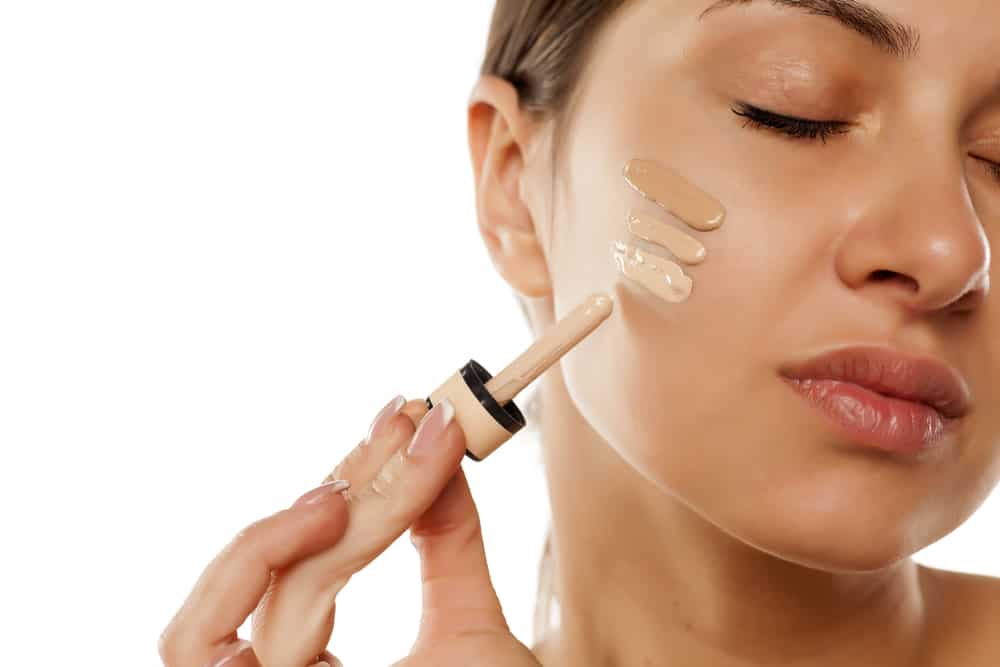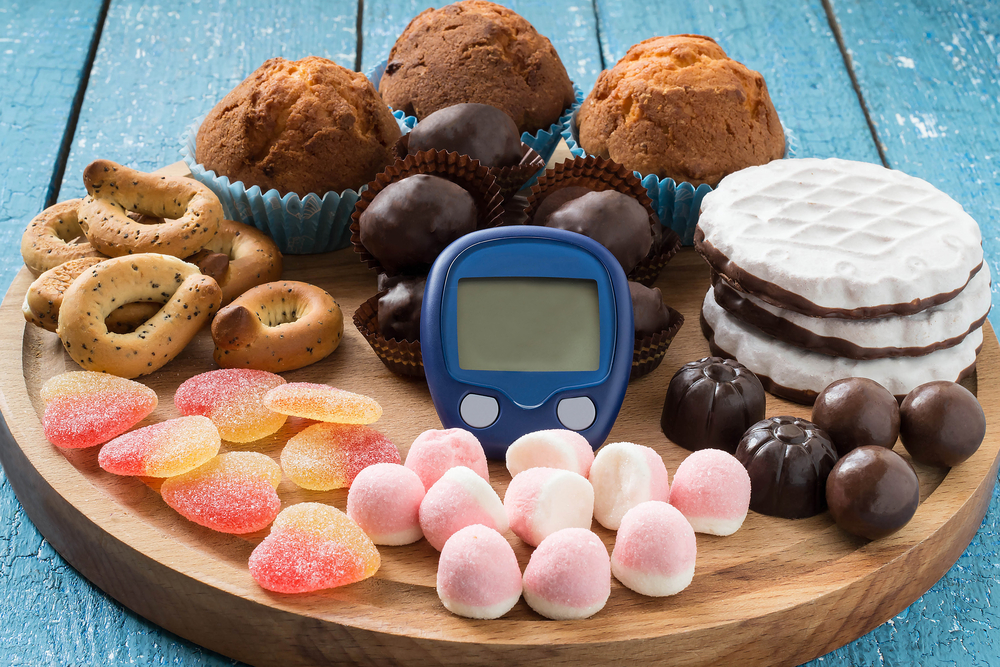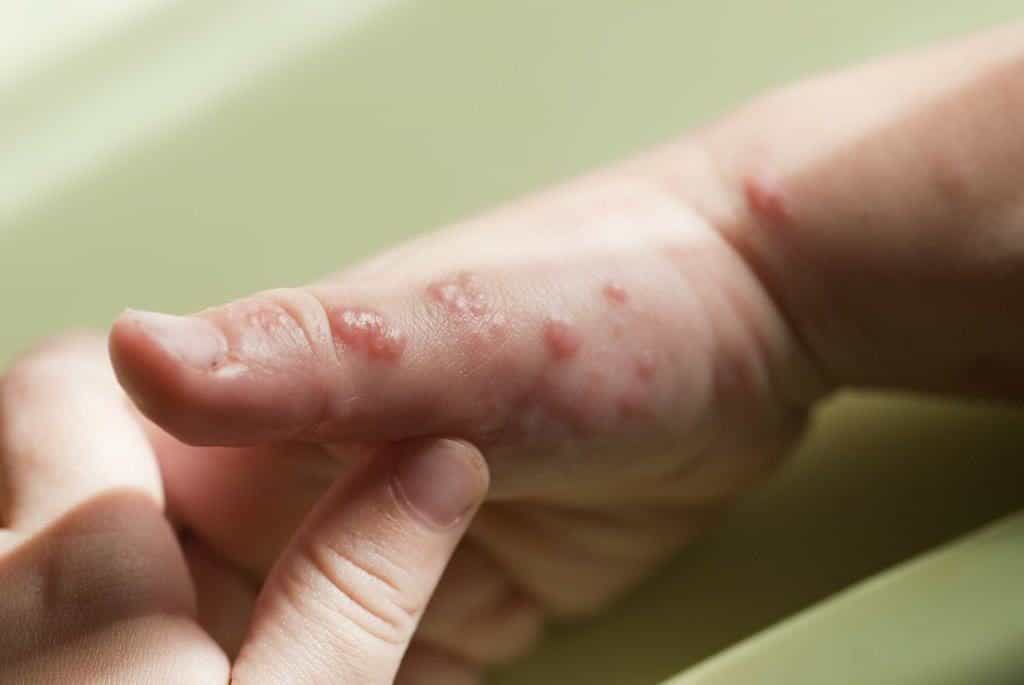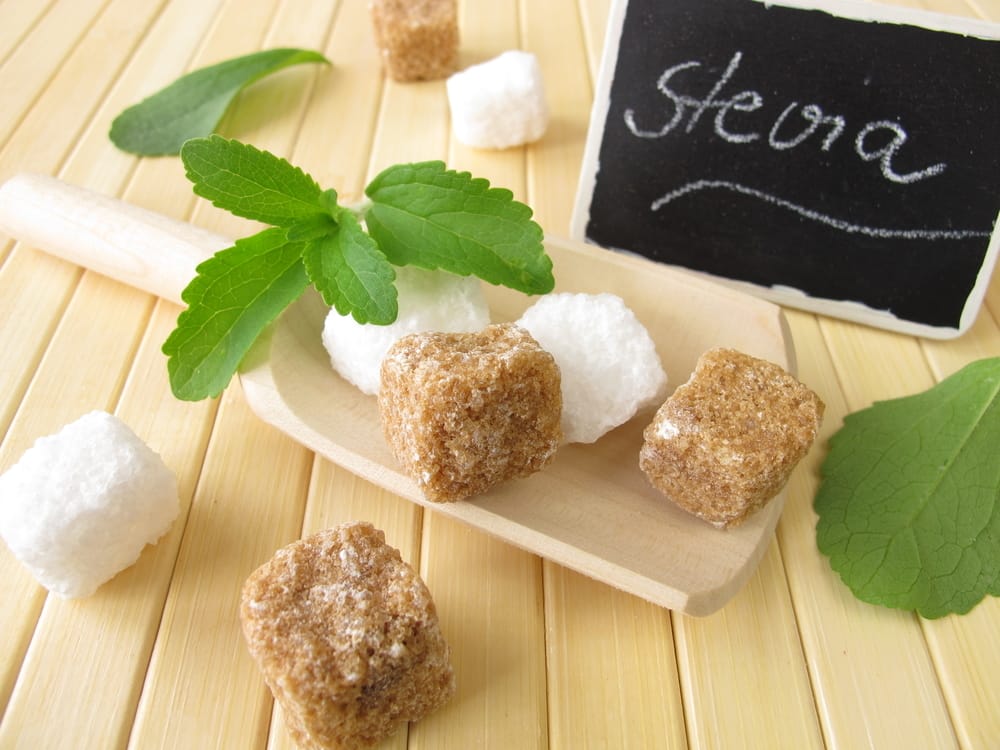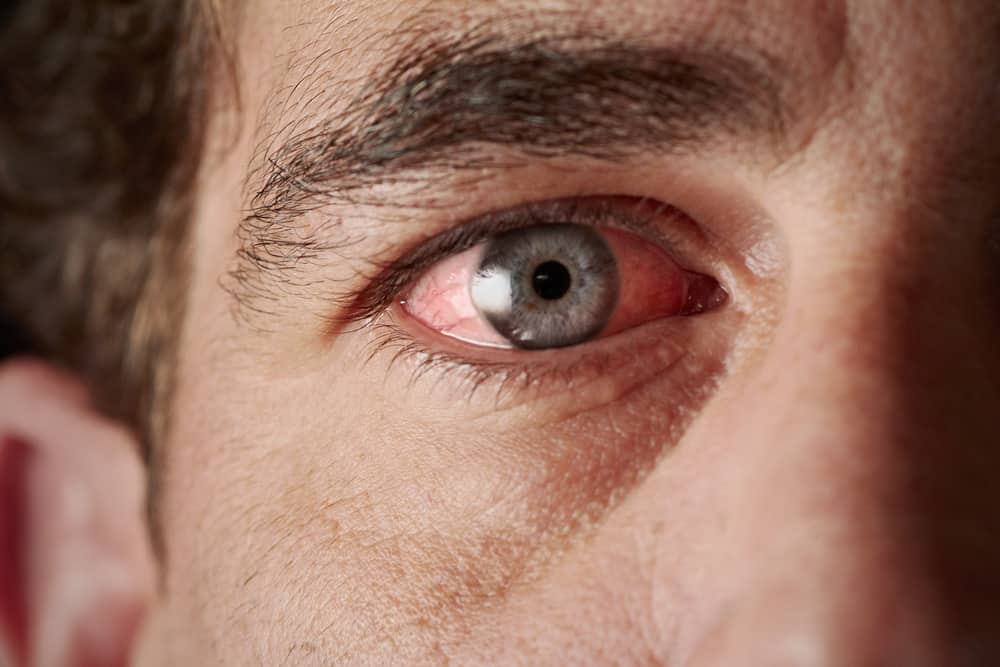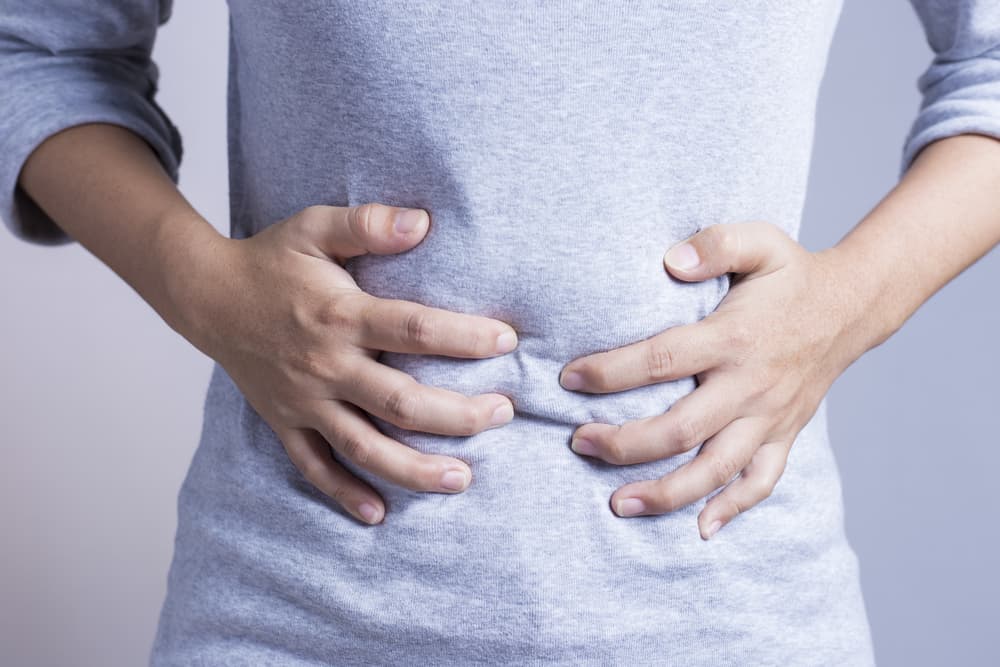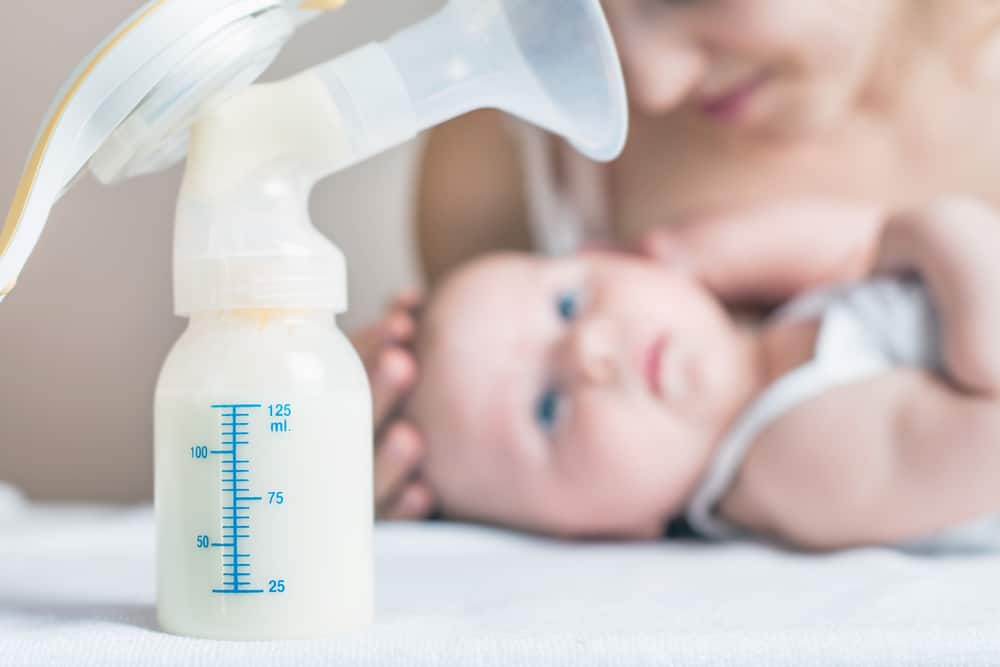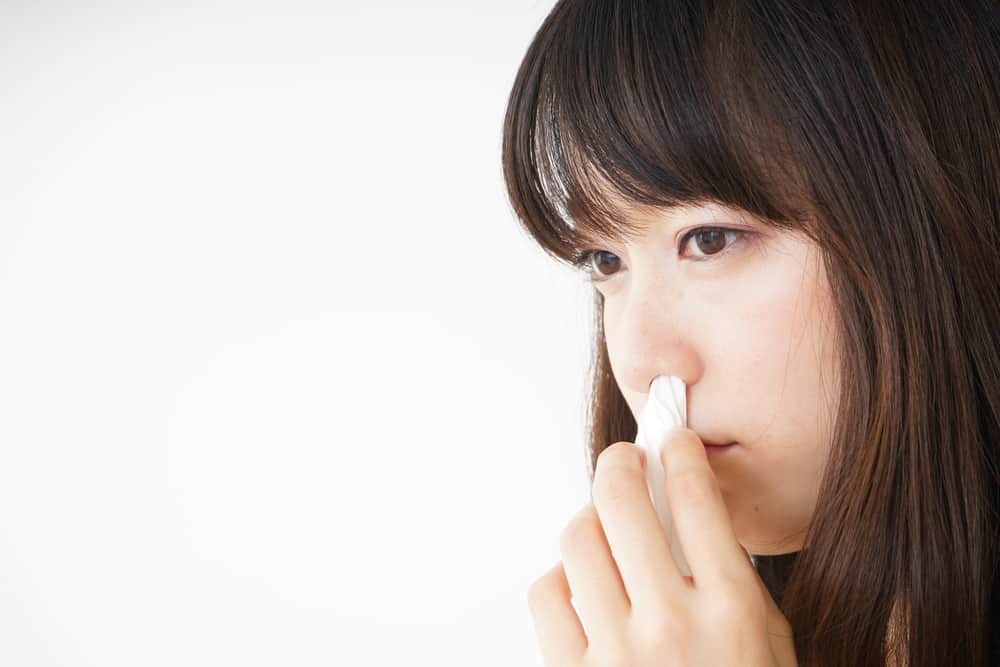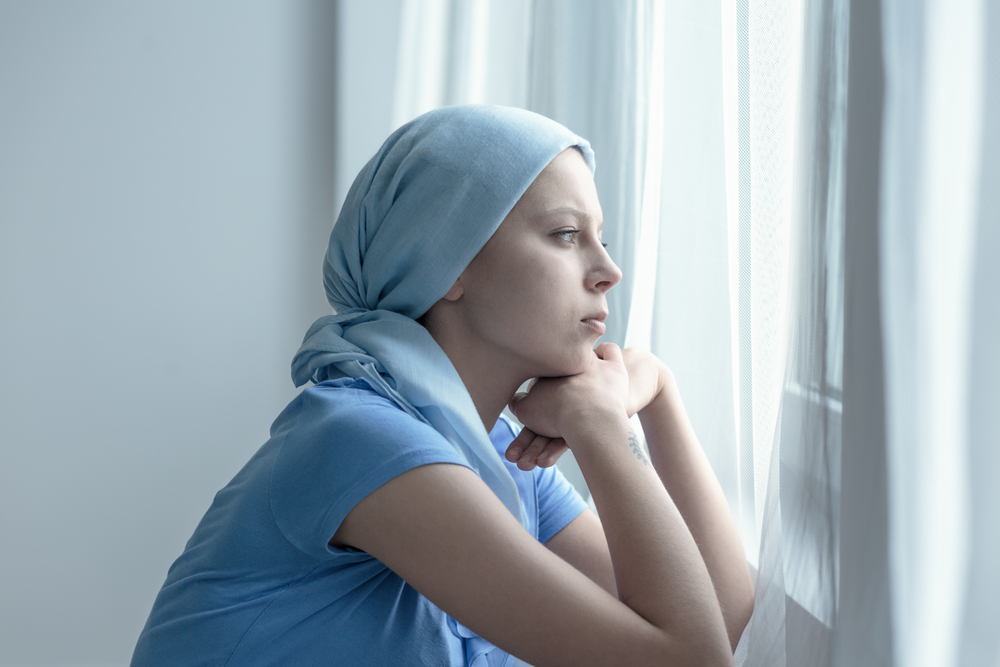Contents:
- Medical Video: I Quit Coffee for a Month, See What Happened to My Body
- Can you drink coffee while fasting?
- A healthy guide to drinking coffee during fasting
- 1. Reduce caffeine intake in coffee during the fasting month
- 2. Drink coffee at the right time
- 3. Select the type of coffee
Medical Video: I Quit Coffee for a Month, See What Happened to My Body
Coffee is one of the drinks favored by many Indonesians. In fact, most people who like coffee must have a schedule drinking coffee own. Unfortunately when the fasting month arrives, the routine of drinking coffee cannot be done as usual. Don't worry, fasting doesn't stop you from drinking coffee really. It's just that you need to adjust the time to drink coffee while fasting.
Can you drink coffee while fasting?
For healthy adults, there is no prohibition to drink coffee during the fasting month. However, you cannot drink coffee at dawn or break the fast. You need to comply with some rules for safe drinking coffee while fasting.
Coffee contains caffeine, a substance that is a stimulant that affects the performance of the central nervous system. These substances can ward off drowsiness and also increase alertness. In addition, coffee is also an antioxidant that helps the body fight free radicals.
People who used to drink coffee will experience side effects if suddenly they don't drink coffee at all. The same side effects will also appear if you drink too much coffee.
Stopping drinking coffee suddenly and drinking too much coffee can cause headaches and weakness. In addition to its essential ingredients, coffee tends to contain additional sugars which can make blood rise quickly soaring when fasting. In addition, in some people caffeine can trigger an increase in stomach acid (ulcer).
Of course you don't want that to happen as long as you fast, right? That is why you should pay attention to this coffee drinking habit during fasting. So that you can still enjoy the pleasure of coffee without fasting interrupted, follow the guidelines below.
A healthy guide to drinking coffee during fasting
1. Reduce caffeine intake in coffee during the fasting month
Actually, reducing the habit of drinking good coffee is done before the first day of fasting. However, if you do not have time to do it, reducing caffeine intake from coffee can be done when you have started fasting. It's just that it becomes more difficult and challenging. However, reducing or stopping caffeine intake must be done slowly, not suddenly. This is useful to minimize the appearance of side effects.
Reporting from Cleveland Clinic Abu Dhabi, a safe dose of caffeine in a day is 400 milligrams for adults. This is equivalent to 2-3 cups of black coffee. However, this dose is recommended for people who have regular eating schedules, not those who are fasting. If you fast, you should reduce your caffeine intake to 200-300 milligrams.
If you are accustomed to drinking three cups of coffee a day, then now you have to outsmart so you can survive with just a cup of coffee. The trick, use a coffee cup that is smaller in size so that the amount of coffee you drink decreases.
2. Drink coffee at the right time
When do you usually drink coffee? Morning, afternoon or evening? Remember, during fasting you cannot drink coffee at these times. You can only drink coffee from the time of breaking the fast to the saffron.
Besides being stimulant, coffee is also a diuretic. This causes more urine production so that the risk of causing dehydration. If you drink coffee at dawn, the thick taste of coffee in your mouth can make you thirsty fast. In addition, it is feared that diuretics can make you dehydrated. Therefore, drinking coffee at dawn is not the right time.
You should drink coffee one or two hours after breaking the fast. If you drink coffee shortly after breaking the fast with the condition of the stomach still empty, your stomach wall can be irritated. So, make sure your stomach is filled with food before drinking coffee.
However, drinking coffee two hours after breaking can be too close to some people's sleep hours. If you drink coffee at 8 a.m. and you sleep at 10 o'clock, your sleep cycle may be disrupted and you cannot sleep well. So, try not to drink coffee above 8 pm and don't drink too much.
3. Select the type of coffee
Decaf coffee is now available (also called decaffeinated coffee), which is coffee that contains less caffeine, about 94-98 percent of the caffeine has been removed. You can replace coffee usually with this type of coffee. The caffeine content in decaf coffee varies depending on the grains used.
Reporting from the Hufftington Post, a 2006 study by University of Florida experts revealed that you need to drink 5-10 cups of decaf coffee to feel the same effect as caffeinated coffee in general.


